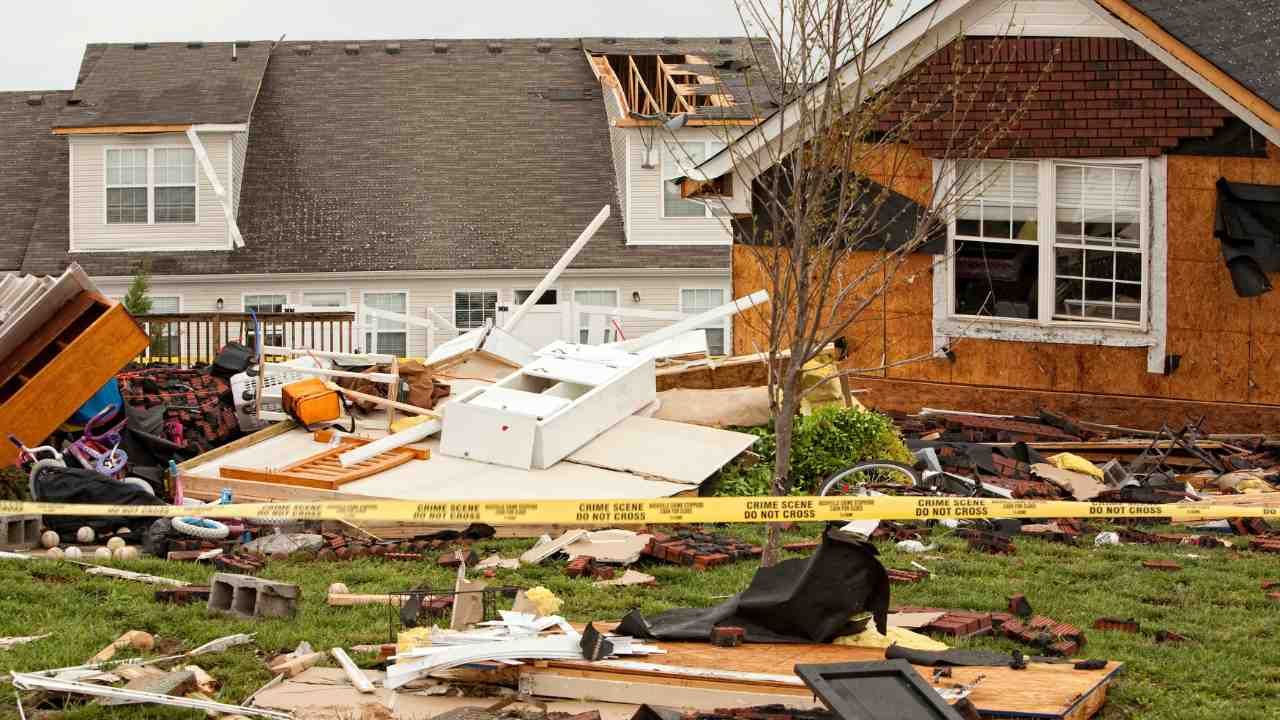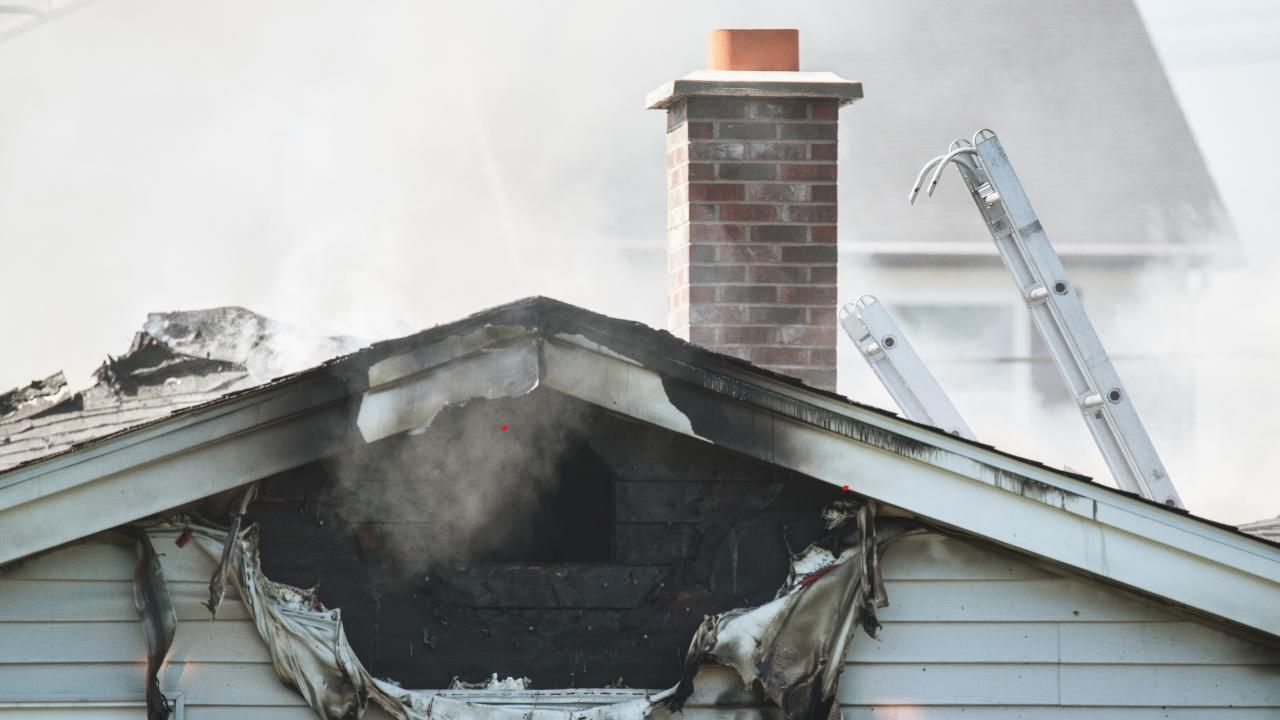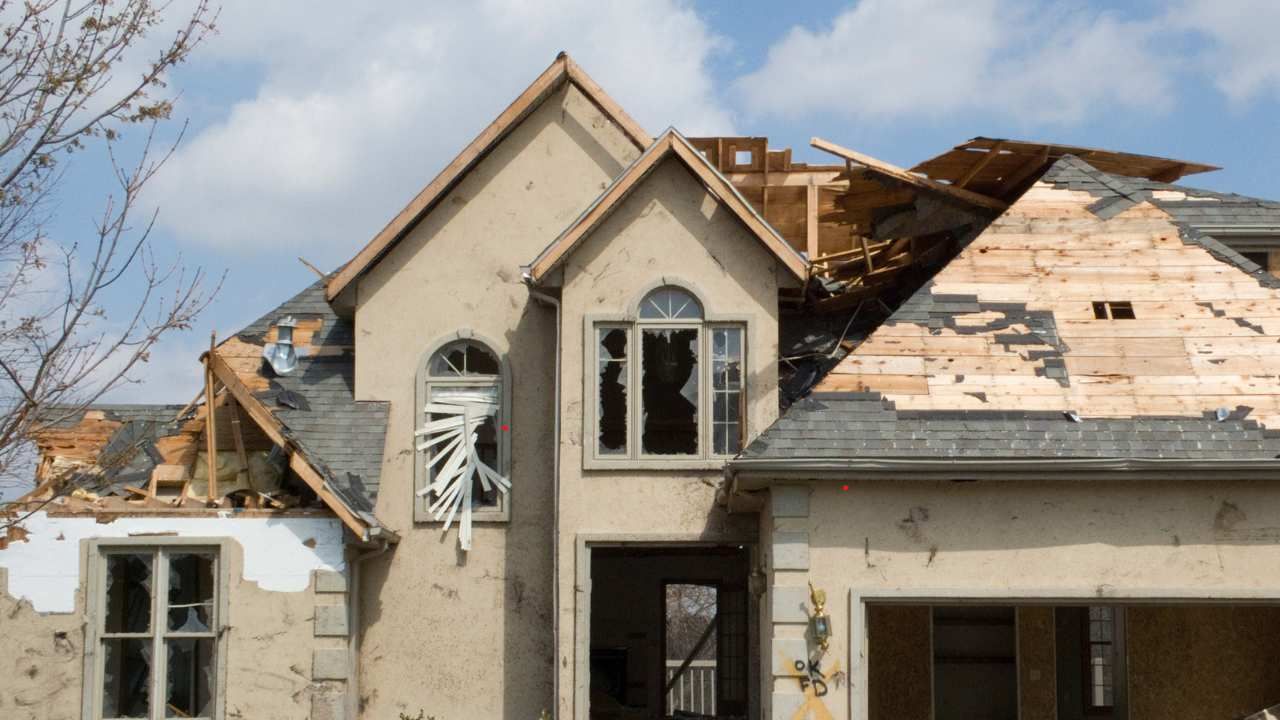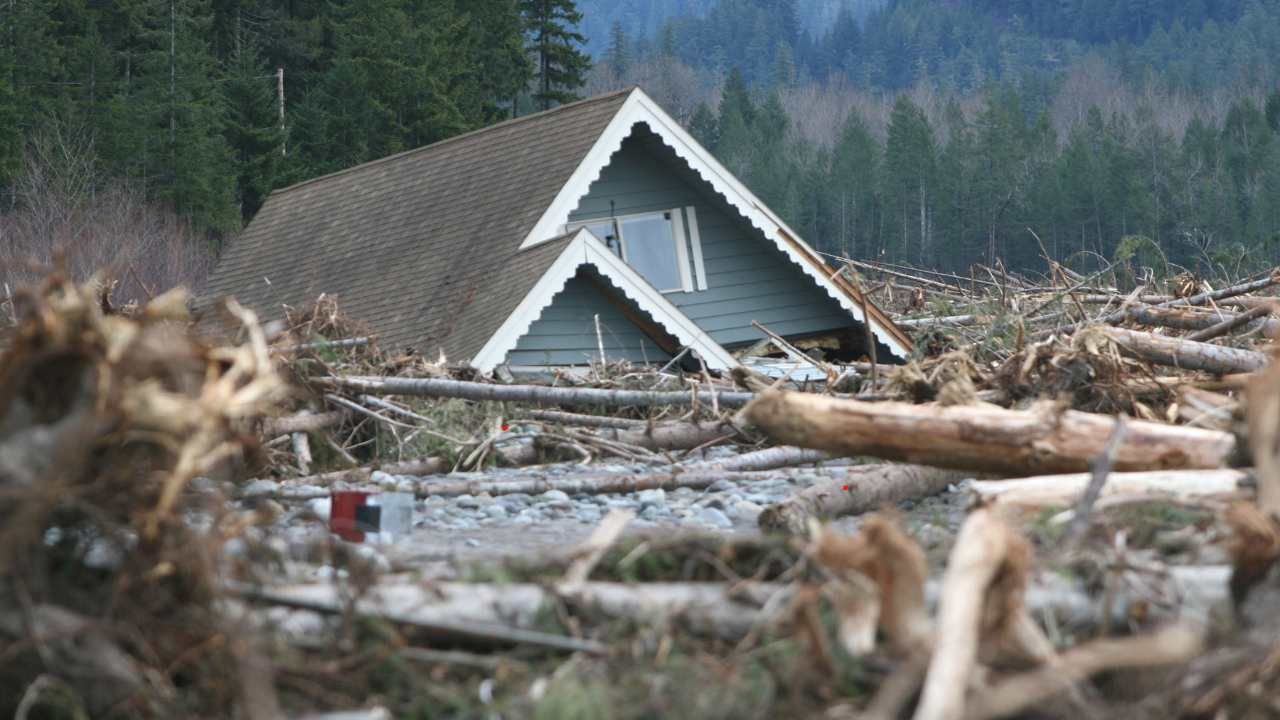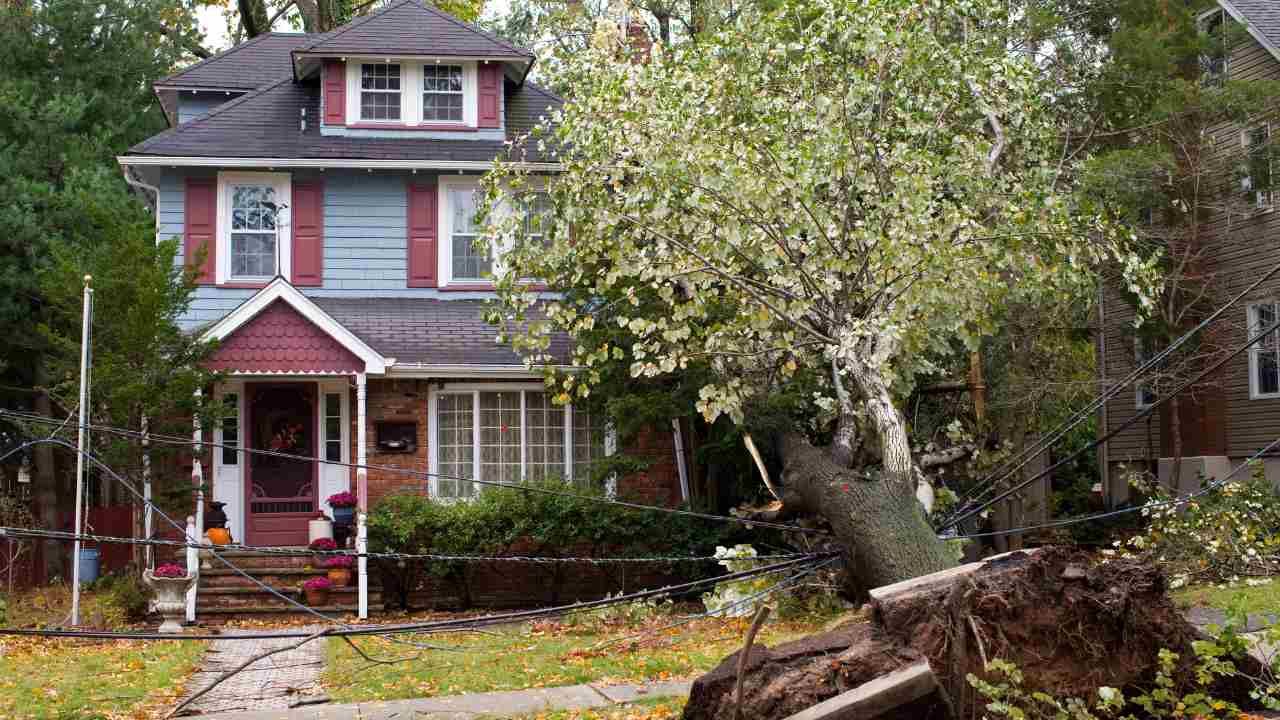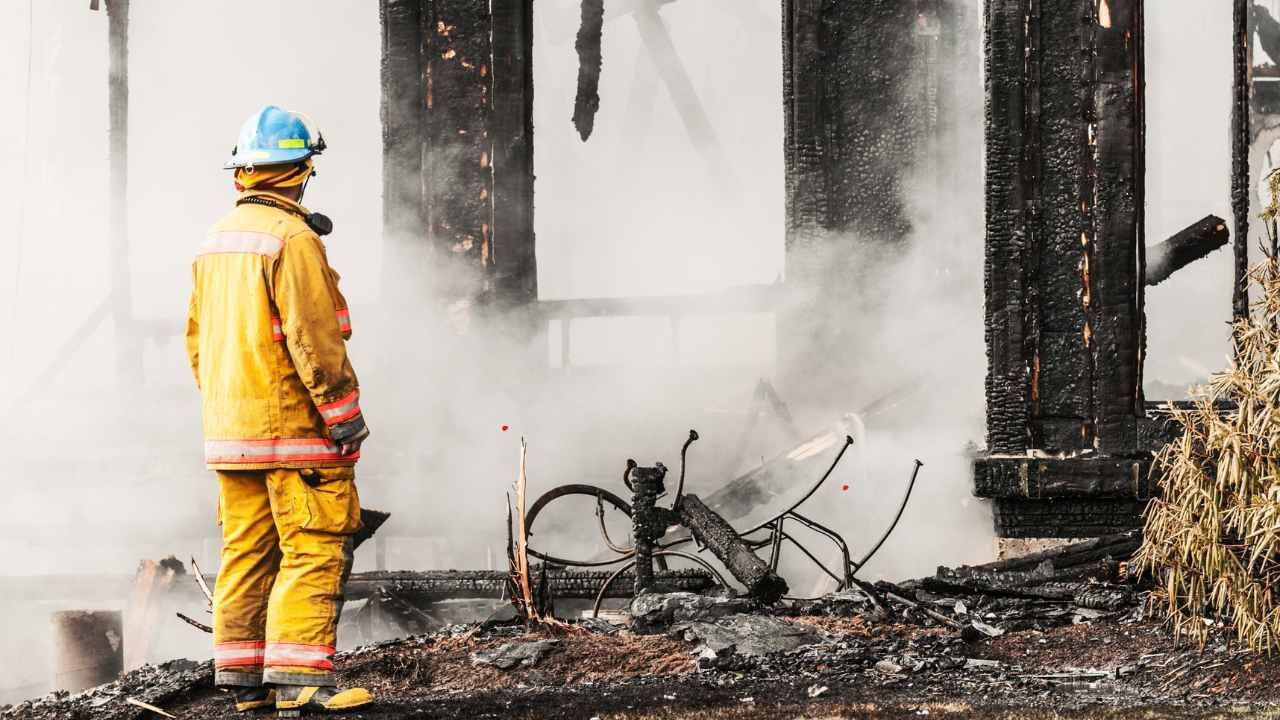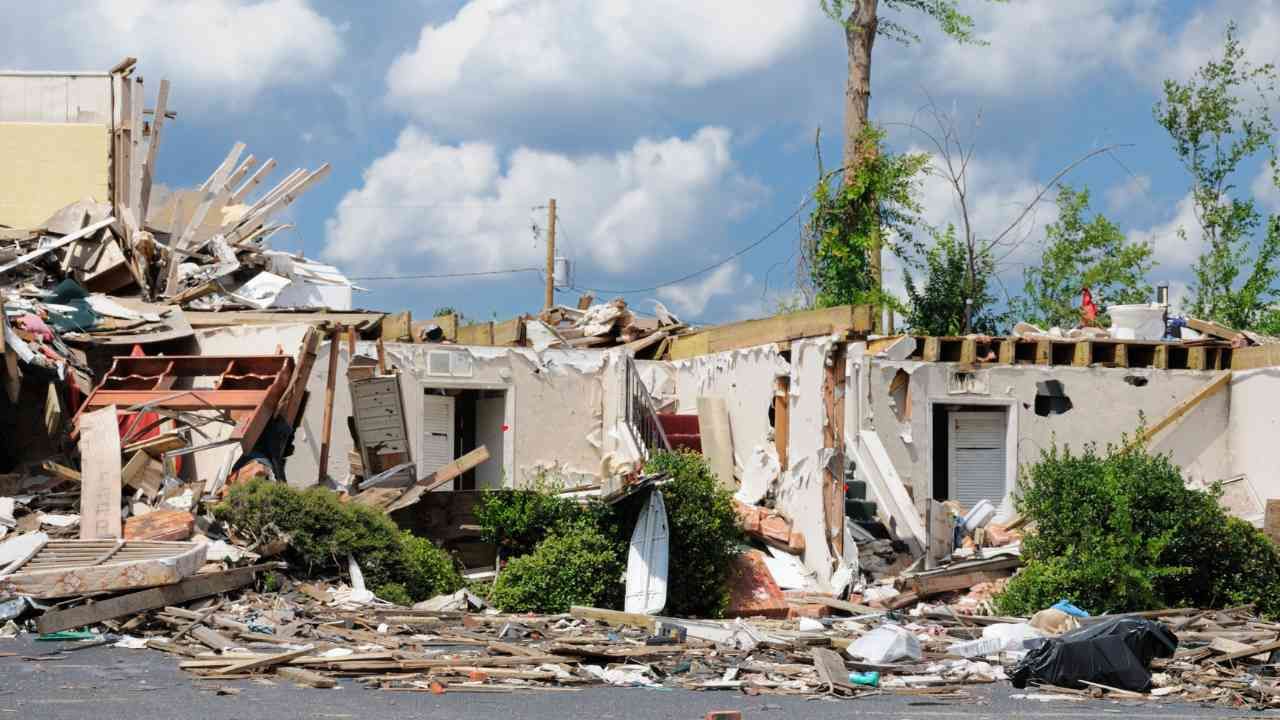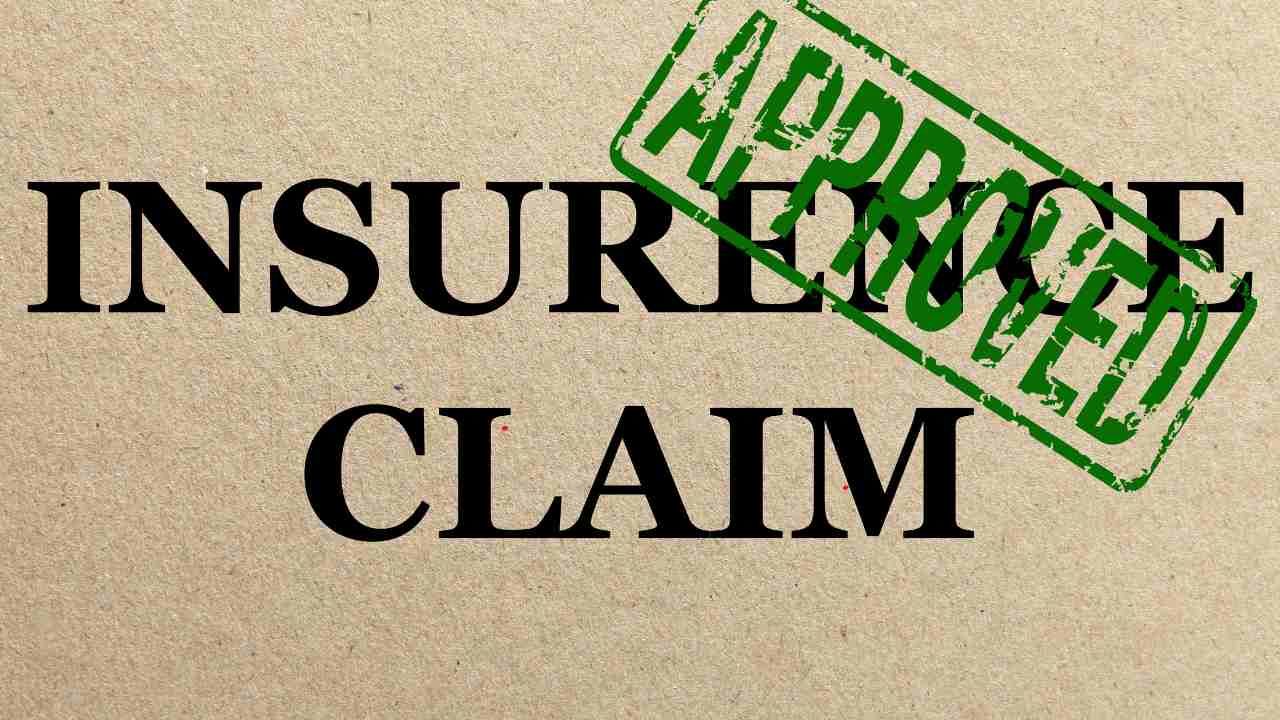Preventing Property Damage
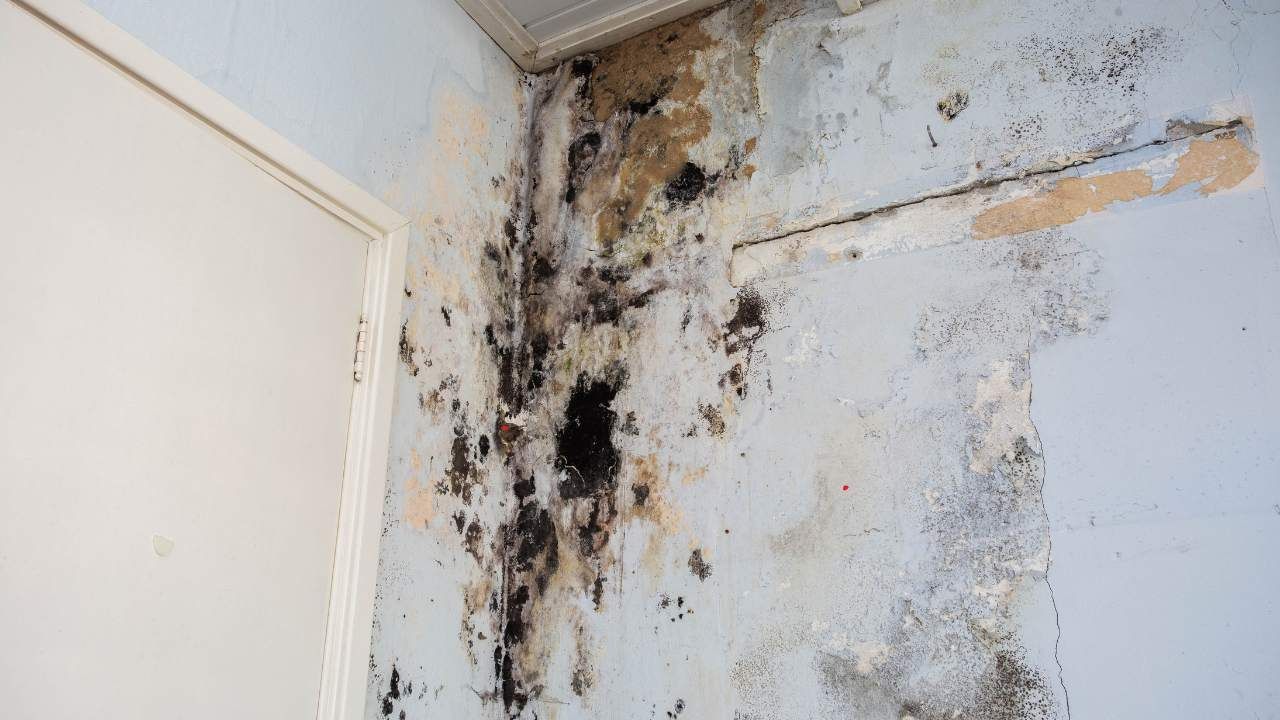
Owning a property is a major investment, but without the right precautions, unexpected damage can lead to expensive repairs. As an insurance claims expert, we’ve seen how proactive maintenance can save homeowners and landlords thousands. The good news? Many types of property damage can be prevented with proactive measures. We’ve helped homeowners and landlords navigate the claims process, and we know firsthand how a little preparation can go a long way.
1. Inspect Your Roof and Gutters Regularly
A damaged roof is one of the most common causes of water damage. Cracked shingles, clogged gutters, and minor leaks can quickly escalate into major structural issues. To avoid costly repairs:
- Inspect your roof at least twice a year, especially after heavy storms.
- Clean gutters and downspouts to prevent water from pooling and seeping into your home.
- Look for signs of wear, such as missing shingles, rusted flashing, or sagging areas.
- Trim overhanging tree branches that could damage your roof during high winds.
2. Prevent Water Damage Before It Starts
Water damage can be devastating, often leading to mold, weakened foundations, and structural issues. Preventative maintenance is key:
- Check for leaks under sinks, around appliances, and in your basement.
- Install a sump pump if you live in an area prone to flooding.
- Inspect your plumbing system for corrosion or weak connections that could burst.
- Ensure proper drainage around your property to keep water away from your foundation.
3. Protect Against Fire Hazards
House fires can spread in minutes, leaving behind costly damage and potential safety risks. Reduce the chances of a fire by:
- Installing smoke detectors in every room and testing them monthly.
- Keeping fire extinguishers accessible in the kitchen, garage, and near fireplaces.
- Avoiding overloading electrical outlets or using damaged extension cords.
- Cleaning your dryer vents regularly to prevent lint buildup, a major fire hazard.
- Being mindful of open flames, such as candles and stovetops.
4. Secure Your Property Against Theft and Vandalism
While theft may not physically damage your home, it can lead to broken doors, shattered windows, and costly losses. To enhance security:
- Install motion-sensor lighting around entrances and dark areas.
- Use smart locks or deadbolts on all doors and reinforce weak entry points.
- Set up security cameras to monitor activity and deter potential break-ins.
- Keep valuables out of sight from windows and avoid posting travel plans on social media.
5. Prepare for Extreme Weather Conditions
Hurricanes, snowstorms, and extreme heat can all wreak havoc on a property. Preparation is key to preventing hurricane destruction and other weather-related damage:
- Reinforce windows and doors with storm shutters or impact-resistant glass.
- Keep trees and shrubs well-maintained to prevent them from becoming airborne projectiles.
- Secure outdoor furniture and structures before a storm.
- Ensure your HVAC system is serviced to handle temperature extremes.
Case Study: A Home Saved from Major Storm Damage
A homeowner in Florida learned firsthand the benefits of storm preparation. Before hurricane season, they took several preventative steps, including installing hurricane shutters, trimming back trees, and securing outdoor items. When a Category 4 storm hit, surrounding homes suffered severe roof and window damage. However, their proactive measures prevented major destruction, saving them thousands in repairs and allowing them to file a minimal insurance claim instead of a total loss.
This experience highlights how preparation can make all the difference. Investing in simple precautions today can save homeowners from overwhelming expenses in the future.
Taking the time to safeguard a home doesn’t just protect the property—it also ensures peace of mind. Property owners who act early are better positioned to recover from disasters with fewer losses.
Protect Your Property and Your Investment
Preventing property damage doesn’t require a massive investment—it just takes consistency, awareness, and strategic planning. By taking these proactive steps, homeowners and landlords can avoid costly repairs, maintain property value, and reduce the risk of insurance claims.
Property owners who act early are better positioned to recover from disasters with fewer losses. If you ever need help filing a claim, an insurance claims consultant can guide you through the process to maximize your settlement. Our services at Countrywide Public Adjuster can assist you with your claim. Contact us today to learn how.

